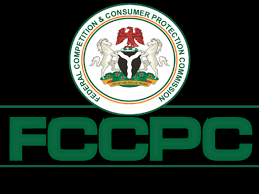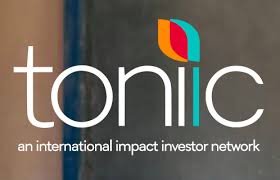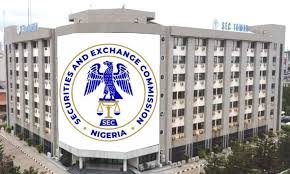The Federal Competition and Consumer Protection Commission (FCCPC) has set Monday, 5 January 2026, as the deadline for full compliance with the Digital, Electronic, Online, and Non-Traditional Consumer Lending Regulations 2025 by lenders.
The Regulations came into effect on 21 July 2025 under the Federal Competition and Consumer Protection Act (FCCPA) 2018. It aims to promote fairness, transparency, and accountability across Nigeria’s growing digital lending market.
To support operators in meeting the required standards, the Commission has issued an additional instrument, the Guidelines on the Digital, Electronic, Online and Non-Traditional Consumer Lending Regulations, 2025, made under Sections 17 and 163 of the FCCPA. This document provides practical direction for lenders and intermediaries, explains the documentation required, and introduces updated Forms 1 and 3 based on feedback received from stakeholders.
Also Read:
- Meta, WhatsApp Ordered to Pay $220m to FCCPC as Penalty For Discriminatory Practices
- FCCPC Summons MultiChoice Nigeria Over Planned DStv, GOtv Price Hike Amidst Consumer Concerns
- Court Rules FCCPC can regulate competition and consumer protection across all sectors,…
- Arbiterz Jobs: African Development Bank Group, Palladium, Mastercard, Jumia
The Executive Vice Chairman of the FCCPC, Mr. Tunji Bello stated “full compliance is not only a legal requirement but an important step in protecting consumers and ensuring that the sector continues to grow in a fair and responsible manner.
“Operators have had ample time to adjust to the Regulations and the additional guidance now provided. We expect all obligations to be met before the deadline.”
Digital, Electronic, Online, or Non-Traditional Consumer Lending Regulations, 2025
The Digital, Electronic, Online, or Non-Traditional Consumer Lending Regulations, 2025, issued by Nigeria’s Federal Competition and Consumer Protection Commission (FCCPC), establish a comprehensive framework for regulating digital lending operations.
The rules require all digital, electronic, online, or non-traditional consumer lenders and their partners to register with the FCCPC within 90 days of the regulation’s commencement, with approval contingent on meeting consumer-protection, data-compliance, and transparency standards. Operators already regulated by other bodies, such as banks, must also present their sectoral licenses.
To protect consumers, lenders are mandated to disclose all fees, interest rates, and loan terms clearly, prohibit automatic or pre-authorized lending without consent, and adhere to ethical marketing practices that forbid misleading or unsolicited promotions. They must also safeguard borrower data, restricting access to sensitive information such as contacts and photos.
Lenders must keep accurate records of transactions, complaints, and borrower interactions, display current information on costs and terms, and regularly report to the FCCPC. Violations attract severe penalties—companies may face fines up to ₦100 million or 1% of annual turnover, while individuals can be fined up to ₦50 million. Directors of offending companies risk disqualification from board positions for up to five years. Since enforcement began, the number of registered digital lenders has surged to nearly 500 by October 2025, reflecting industry efforts to comply with the new standards.






















